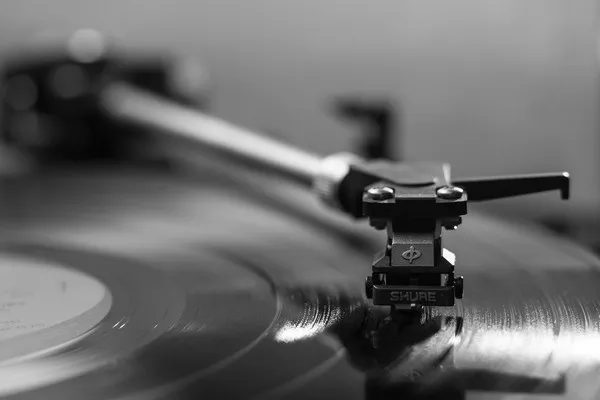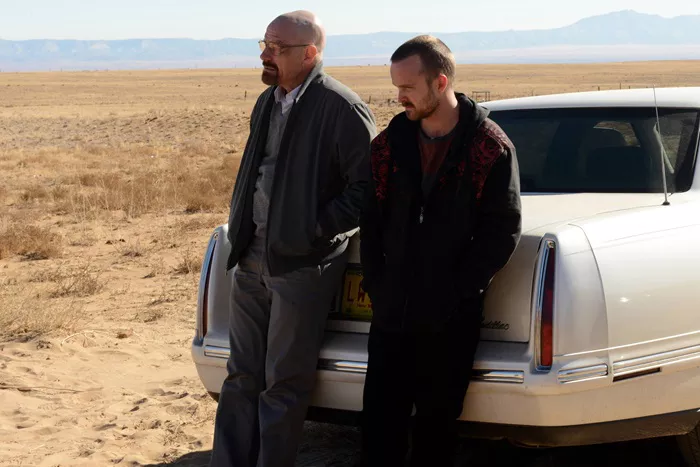Music has long been recognized as a universal language that transcends cultural barriers, allowing individuals to connect and communicate on a profound emotional level. Whether through shared melodies, harmonies, or rhythms, the power of music to bring people together is undeniable. From ancient tribal rituals to modern-day concerts and social gatherings, music plays a significant role in fostering connections among individuals and communities worldwide.
Music as a Shared Experience
One of the most compelling ways music helps us connect with others is through its ability to create shared experiences. When people listen to or perform music together, they often experience similar emotions and reactions. Whether attending a live concert, participating in a choir, or simply enjoying music in a group setting, the collective experience can create a sense of unity and belonging. This shared emotional journey forged through music helps individuals connect on a deeper level, fostering a sense of community and togetherness.
Emotional Resonance and Empathy
Music has a remarkable ability to evoke a wide range of emotions. Certain melodies or lyrics can trigger memories, elicit feelings of joy, sadness, nostalgia, or excitement. When individuals share these emotional responses to music, it enhances their capacity for empathy and understanding towards one another. The shared experience of feeling the same emotions through music enables people to empathize with each other’s experiences and perspectives, thereby strengthening their interpersonal connections.
Facilitating Communication
In situations where verbal communication might be challenging due to language barriers or social discomfort, music can serve as a form of non-verbal communication that transcends words. Through rhythm, tone, and expression, individuals can convey and interpret emotions, intentions, and cultural meanings. This non-verbal form of communication facilitated by music enables people from different backgrounds to connect and interact, fostering understanding and camaraderie.
Creating Bonds and Fostering Relationships
The act of creating music together, whether through playing instruments, singing, or dancing, can significantly strengthen interpersonal bonds. Collaborative musical activities require coordination, cooperation, and synchronization, fostering a sense of teamwork and mutual understanding among participants. These shared musical endeavors not only create strong social connections but also contribute to the formation and nurturing of lasting relationships.
Building Cultural Bridges
Music serves as a powerful tool for bridging cultural gaps and promoting cross-cultural understanding. Different cultures have their unique musical traditions, instruments, and styles. When individuals from diverse cultural backgrounds share their musical heritage, it opens doors for cultural exchange and appreciation. Through music, people can learn about each other’s traditions, values, and beliefs, fostering respect and acceptance across cultural divides.
Music as a Catalyst for Social Change
Throughout history, music has played a pivotal role in driving social movements and advocating for change. Songs with powerful messages have sparked revolutions, raised awareness about social issues, and united people in their quest for justice and equality. The shared experience of rallying around music with a social or political message creates a sense of solidarity among individuals striving for a common cause, leading to social cohesion and collective action.
Enhancing Mental Health and Well-being
The emotional impact of music extends to its profound effects on mental health and well-being. Listening to music can alleviate stress, reduce anxiety, and uplift mood. When individuals share musical experiences in a supportive environment, it can create a sense of comfort and belonging, contributing positively to their mental health. Group music-making activities, such as group singing or playing in a band, have been linked to increased feelings of connectedness and improved overall well-being.
Creating Lasting Memories
Music has a remarkable ability to imprint memories and emotions in our minds. Shared musical experiences often become cherished memories that individuals carry with them throughout their lives. Whether it’s a song that played at a special event, a concert attended with friends, or a favorite playlist shared during a road trip, these musical memories strengthen the bonds between individuals and serve as nostalgic reminders of shared experiences and connections.
Music and Mirror Neurons: The Science of Connection
Scientific research suggests that listening to music activates mirror neurons in the brain, which play a crucial role in empathy and social interaction. These neurons fire not only when we perform an action but also when we observe someone else performing the same action. When people listen to music together, their mirror neurons may synchronize, leading to a shared emotional experience and fostering a sense of connection and understanding among them.
Conclusion
The question of how music helps us connect with others encompasses a multifaceted and deeply human experience. From its ability to evoke emotions and facilitate communication to its role in creating shared experiences and fostering empathy, music serves as a powerful tool for forging connections among individuals and communities. As we continue to explore the intricate ways in which music influences our social interactions, its undeniable impact on bringing people together remains a testament to its universal and timeless significance in human society.


























